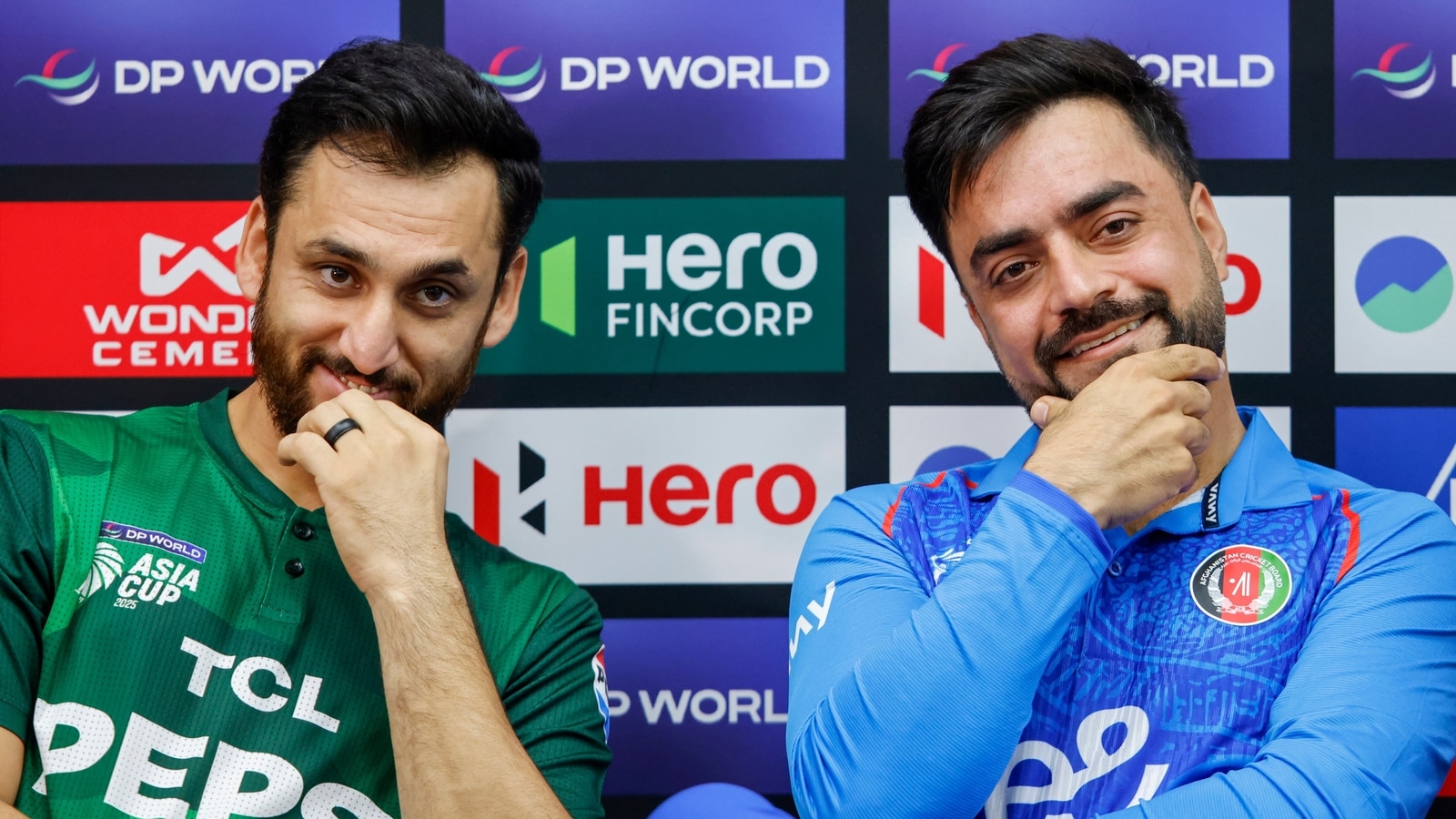Pakistan Cricket Board (PCB) chairman Mohsin Naqvi, who is also the Interior Minister of the country, has once again knocked on the International Cricket Council’s (ICC) doors, asking the apex body to have “alternate plans” in place as the…
Mohsin Naqvi tells ICC to prepare ‘alternate plan’ as PAK-AFG-SL tri-series in limbo following military conflict: Report
